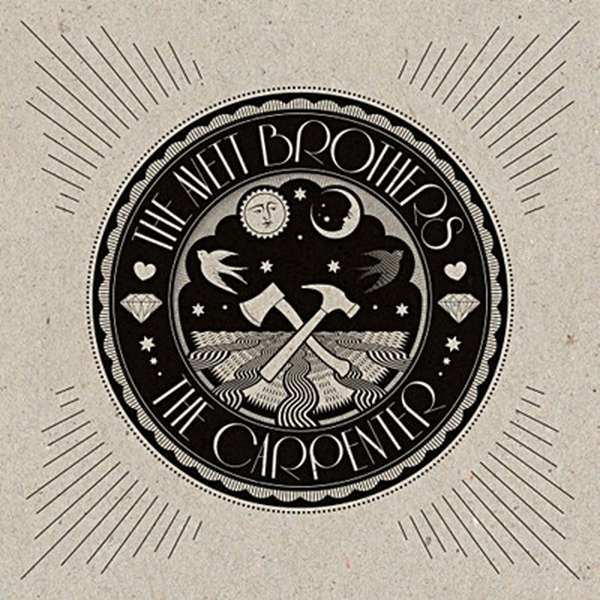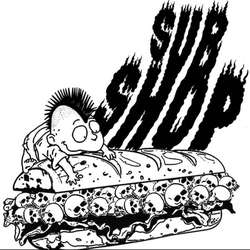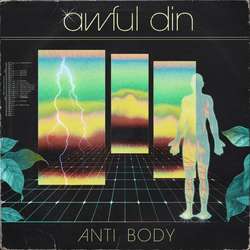The Avett Brothers have become bonafide pros at releasing an album. With The Carpenter being their seventh full-length album and second major label release, the Concord, North Carolinians have a method to their folk rock madness, without it being boring. Rick Rubin helps with producing for the second time too. Rubin is the link that ties the band’s songs together on the album. This time, people know what they’re about; they can just be themselves and not have to write a catchy song in desperation to appease the Top 40, like what seemed to be the case with some of the songs on I and Love and You [I’m looking at you, “Kick Drum Heart”! (Still a great song, though)]. Now, with The Carpenter, it feels natural.
They start the album with an Avett Brothers narrative staple, “The Once and Future Carpenter,” which has a lyric straight out of a Buddhist self-help book: “If I live the life I’m given/ I won’t be scared to die.” It’s a good introduction to the record and to the band. Then comes “Live and Die,” the best song on the album and their best song since “Murder in the City” from The Second Gleam. There isn’t a moment in the song that bores you, and before you have time to process it, it’s over. An interesting anecdote—it’s one of the only songs on the album that uses the banjo. As Scott Avett says in Rolling Stone, “It’s an amazing time right now, the way banjo has become accepted. There’s teenagers playing the banjo again! When I was a teenager, that was ridiculous. I fell in love with the banjo, and I think it’s just an amazing thing that’s happening.”
“Winter in My Heart,” “Pretty Girl from Michigan,” and “I Never Knew You” come next. They’re good, but not much to write about. They’re kind of boring, but if you’re an Avett Brothers fan, you’ll appreciate them. “February Seven” (which weirdly enough, is also track 6 on the record) reminds me of a faster paced “Ten Thousand Words” from I and Love and You (even weirder, I just checked the track listing and it’s also track 6) and the use of string instruments in the background really compliments the song well.
The last key track that should be mentioned is “Paul Newman vs. The Demons,” which sounds like it could also be on Emotionalism or Mignonette. In other words, they’re going back to their roots with this one. There’s a reason why they got a reputation for being “punk rock folk” and a song like “Paul Newman vs. The Demons” is why. The song starting with distortion and loud guitars, you think, “did my iTunes just go on shuffle by mistake?”
This record is also very interesting because there were a lot of life changes going on with band members. Not only are they dealing with breakout success, but bassist Bob Crawford’s daughter is also suffering from brain cancer. The themes of the songs on this album mirror this situation a lot—more specifically “A Father’s First Spring” and “Through My Prayers.” Knowing that, you can notice while listening how they use the music and lyrics as therapy.
Even though this album will probably be a throwaway in the Brothers’ discography, any Avett Brothers fan can appreciate this album and it also seems like a very important album to the band—which is why people make music in the first place, isn’t it?





